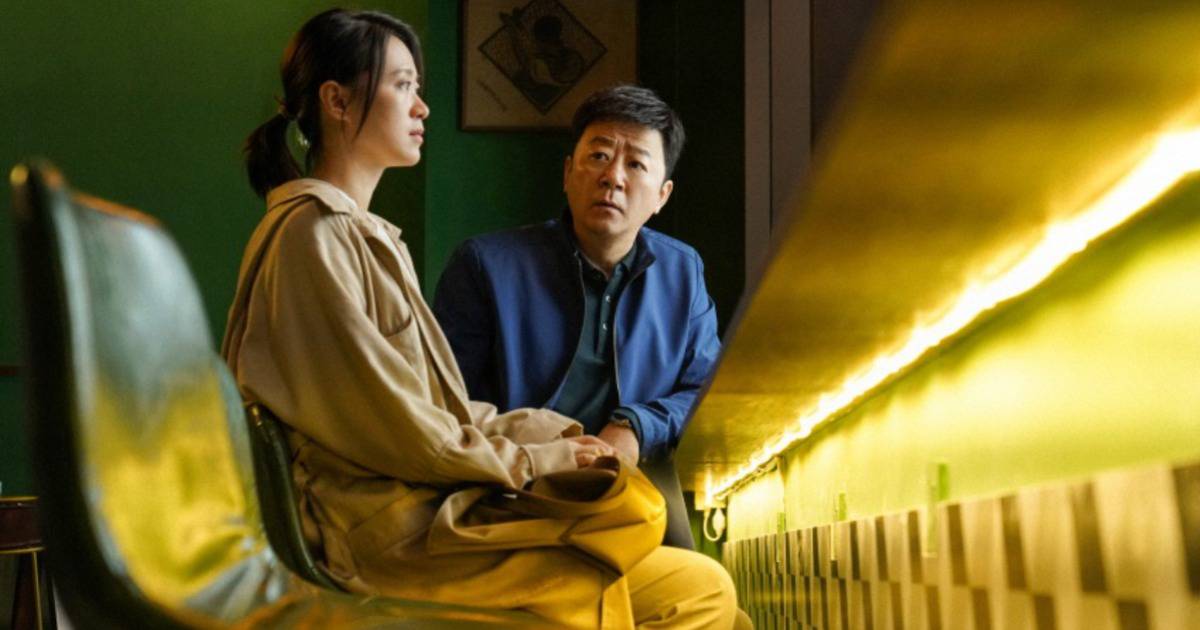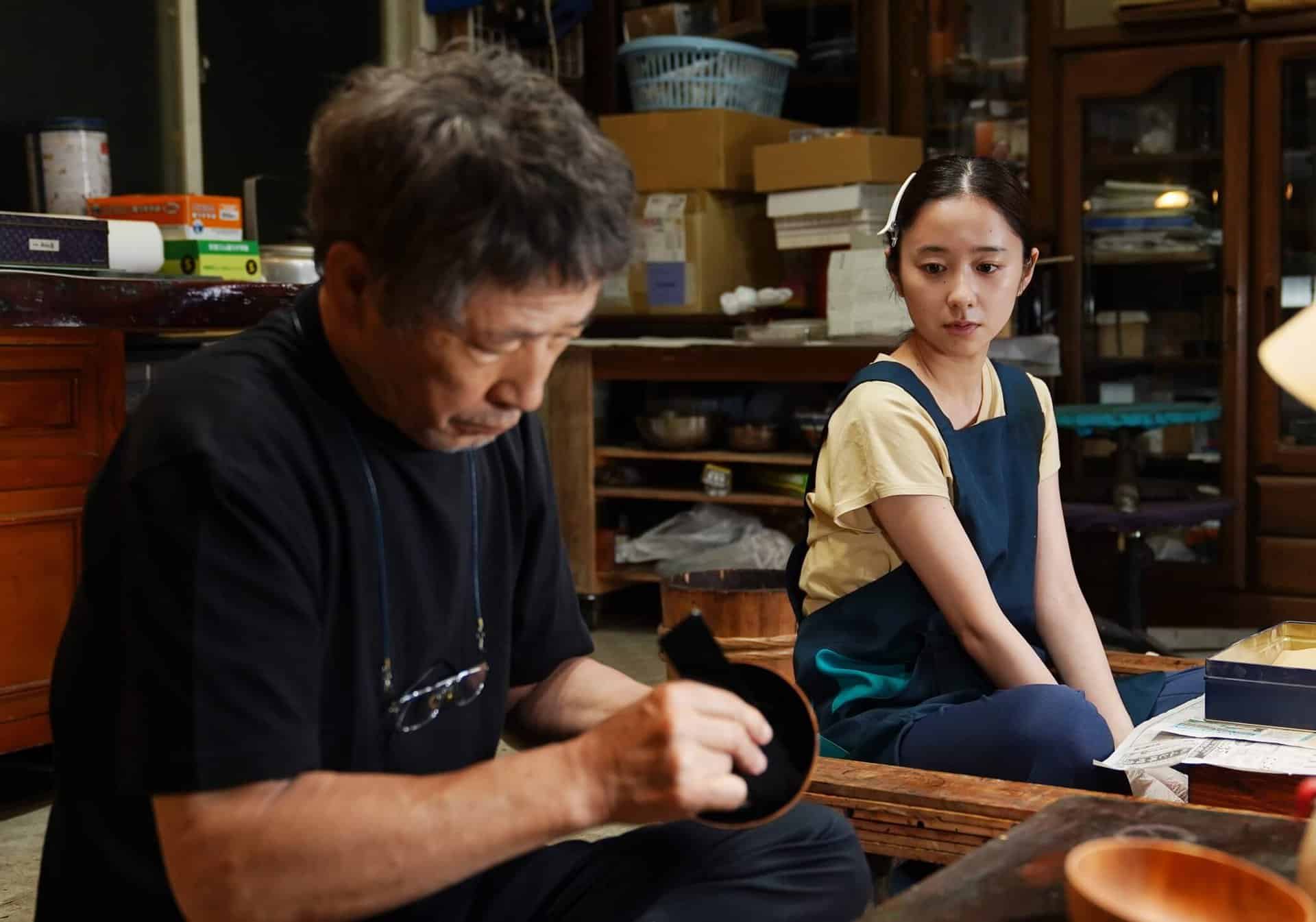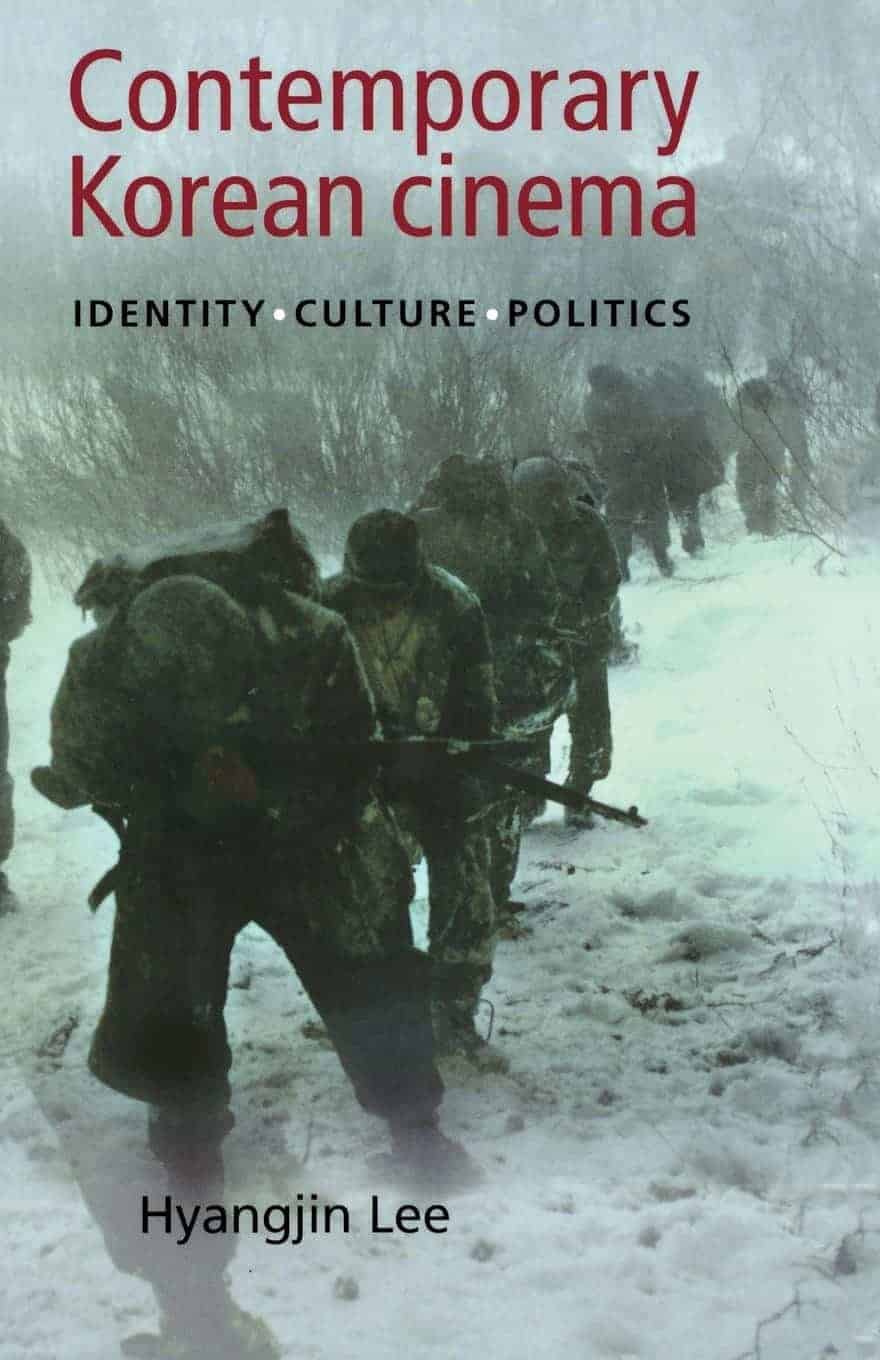A significant film
Despite the fact that it was produced on a budget of merely HK$500,000 (US$64,000), with a cast and crew mainly comprised of volunteers, “Ten Years” was one of the most successful films of the last years, particularly due to the controversy it spawned. Being highly accusing of the mainland's efforts to assimilate Hong Kong with the rest of China (currently, it is an autonomous territory), it was banned or censored continuously. However, this effort actually helped the film gain more exposure.
5 segments
The film is comprised of five segments, each with its own director and cast, which portrays how Hong Kong will be in ten years, if the mainland's efforts continue.
“Extras”
Kwon Zune's “Extras” tells the story of Hairy, a triad member, and Pete, an Indian, who are paid by the government to shoot two local political leaders, in order to instigate panic and subsequently to allow easier implementation of a new National Security Law.
Zune portrays the government members like leaders of the triads, having no remorse about sacrificing people in order to achieve their goal. Furthermore, it criticizes the concept of employment and public housing, as Hairy says that they are futile and that the best job he ever had was being a gangster.
The segment is shot in black-and-white and features an ominous and very interesting soundtrack.
“Season of the End”
Wang Fei Pang's segment revolves around a couple, whose home has been demolished, along with many others. They try to preserve anything they find in the debris, in an effort to preserve old Hong Kong itself. Seeing the futility of their actions, the man decides to make himself a specimen.
The most claustrophobic part of the omnibus, “Season of the End” portrays the despair of the Hong Kongese, resulting from the loss of their culture. The bleak cinematography heightens this sense.
“Dialect”
Jevon Au tells the story of a taxi driver, who does not manage to pass the exams for Putonghua (official Chinese language) proficiency. As he sees his work reduced, since he does not understand what his clients are saying, the same starts happening with his family.
Jevon Au makes a comment about cultural gaps, while criticizing the fact that the government perceives Cantonese (Chinese spoken in Hong Kong) as a dialect, and Putonghua as the official language.
“Self Immolator”
Chow Kwun Wai directs a mockumentary, centered around the self immolation of a woman in front of the British Consulate-General in Admiralty. Her action is instigated by the death of a supporter during his hunger strike, after becoming the first arrest under the National Security Law.
Chow presents the reasons and tactics of young groups of protesters in favor of Hong Kong independence, portraying their despair through self-immolation, a tactic usually associated with Tibetan monks. In that fashion, he criticizes the regime and the police.
Indian Tanzela Qoser holds the protagonist role, among real footage and commentaries, and speaks perfect Cantonese, in a clear effort by Chow to promote immigrants and their pleas.
“Local Egg”
Ng Ka-leung's segment centers on an egg-seller and the troubles he has from Youth Guards, actually comprised of children, for selling eggs from Hong Kong under the etiquette “local,” a word that has been forbidden.
Ng actually mocks the Cultural Revolution, in a satire against censorship.
“Ten Years” is not a cinematic masterpiece; it couldn't be with such a shoestring budget. However, it is one of the most significant films of the last years, particularly because of the courage it showed in presenting the Hong Kongese' deepest fears. A must-see.
“Ten Years” is part of the Five Flavours Film Festival that is on in Warsaw (November 16 – 23) and Wroclaw (November 18-24).















